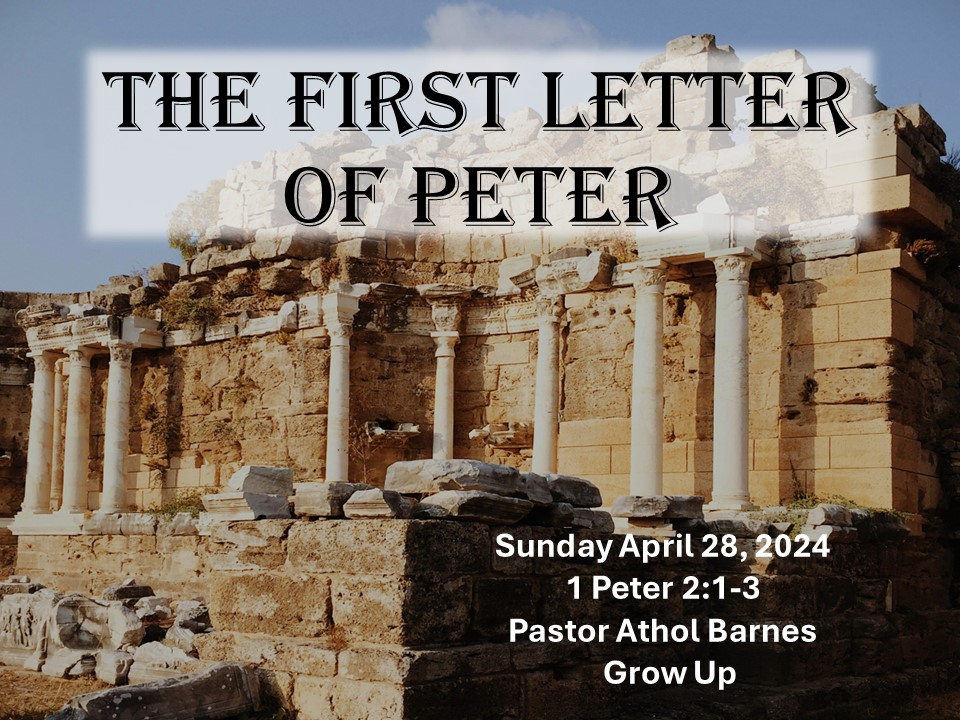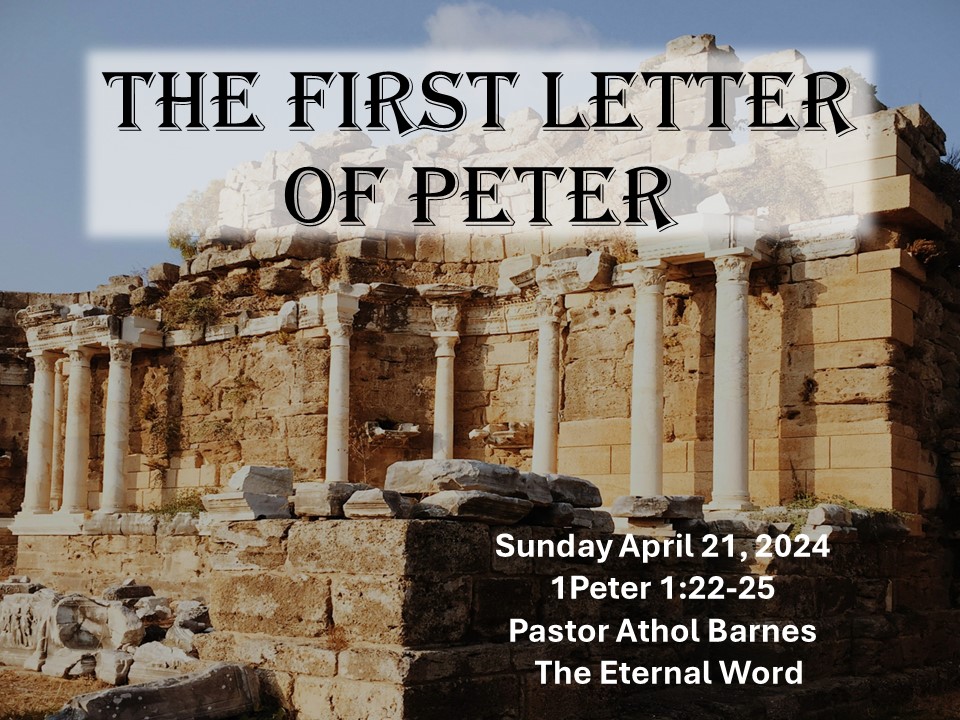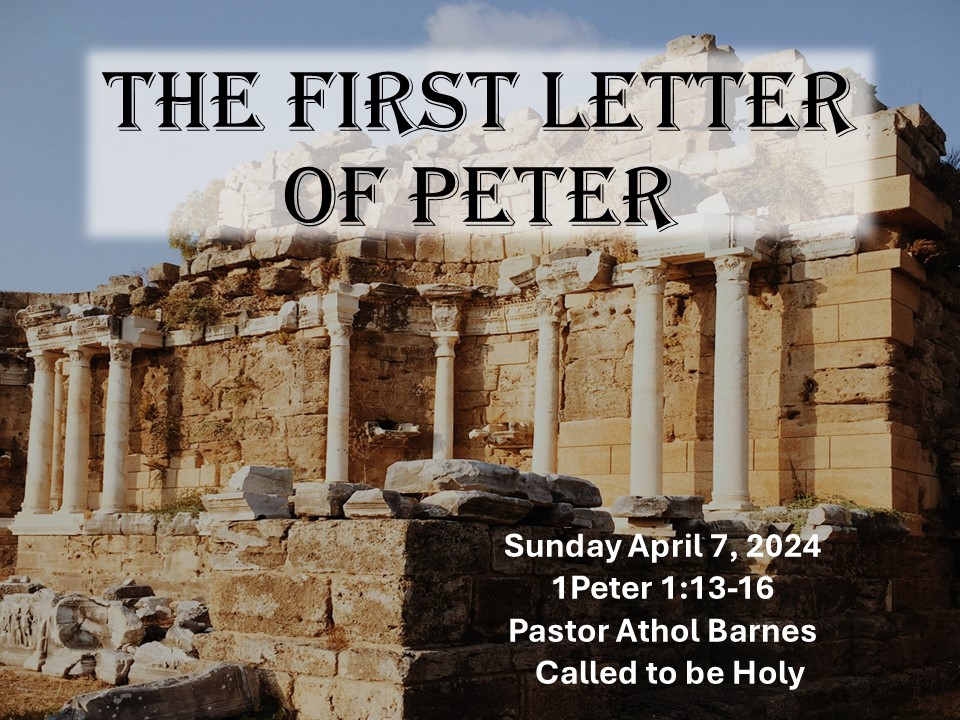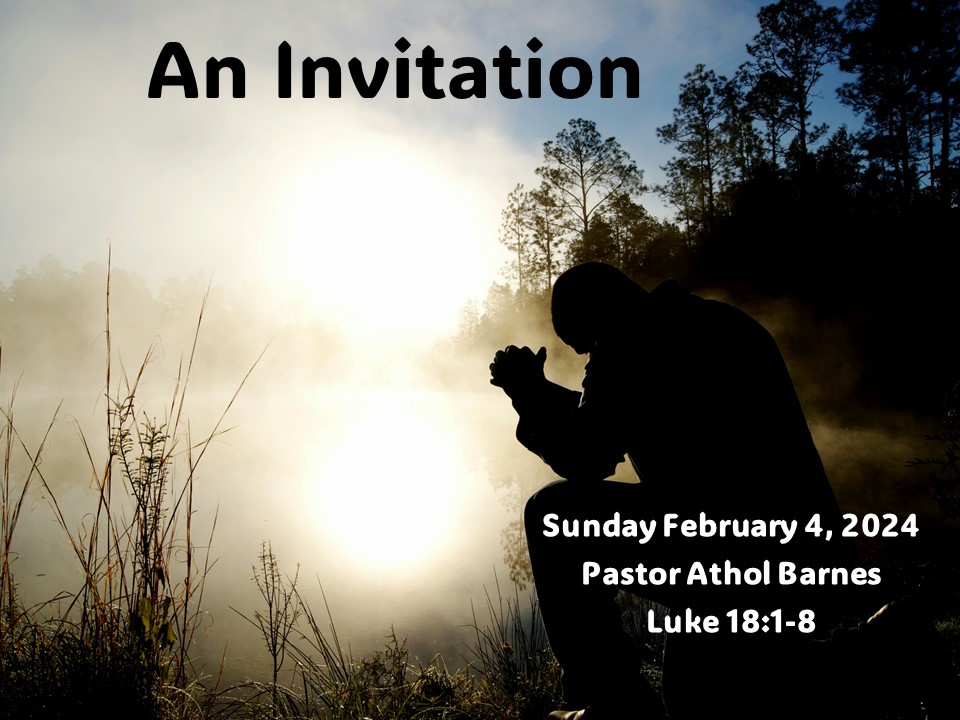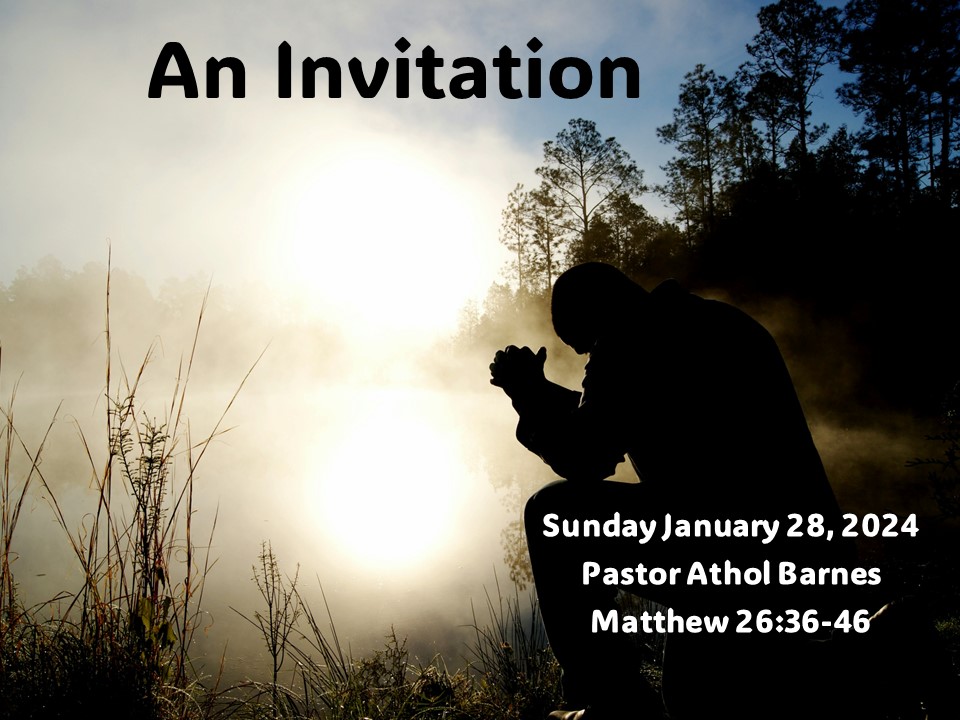
There is power in personal testimony.
Doctrine and theology are extremely important, but people are drawn to the reality of God’s supernatural activity in the world (see 1 Corinthians 2:4-5).
This past Sunday we remembered the Lord’s supper as a testimony, we heard a powerful testimony of healing, and we witnessed someone testifying to their salvation in the waters of baptism.
In 1 Peter, the Apostle is writing to Jewish Christians who have been exiled from Israel. They are strangers in a foreign land but living for Christ.
As we have seen throughout this series, we too are sojourners, exiles in this land. As followers of Jesus, this world is not our home our citizenship is in heaven.
But the greater reality is that we as believers in the world are a holy nation (See 1 Peter 2:9), and this is not our home. But while we are here, we have a responsibility, we are called to testify about Jesus.
Submission:
These verses are part of the central theme of this letter; submission in the life of the believer. In the Greek, submission is a military term for being placed under the control of another person. To be under authority.
In the remaining verses of the chapter, the Apostle Peter writes about submission to the rulers of the land.
Submission, is often misunderstood to be a form of slavery, but rather it is simply recognizing God’s authority over our lives and the way that He has ordained leadership to work in the home, the church and in government.
God calls us to exercise the authority the He has given us within our domain. However, before we can exercise authority, we need to be under authority.
When Satan tempted Adam and Eve in the Garden of Eden, he promised them freedom and power, but as a result of their sin, they lost their authority.
Sin in your life will always lead to slavery. You will become a slave to the sin that you entertain in your life.
This is so clear when it comes to addictions, but every sin subjects us to slavery; whether it be gossip, envy, slander, stealing, covetousness, or any sexual activity outside of the marriage covenant between a man and a woman. Any sin that we entertain in our lives will subject us to slavery.
Spiritual Warfare:
We need to remember that we are in a spiritual battle (see Ephesians 6:12). The Apostle Peter writes in the second part of verse 11, “…abstain from the passions of the flesh, which wage war against your soul.”
There are sinful desires that wage war against us all the time. Our real battle is not against other people, unsaved or unregenerate people. Your battle is not against that liberal neighbor, or that abusive boss. They are simply acting in the way that unsaved people do, it shouldn’t surprise us. Our real struggle is the battle for our own passions within us.
D.L. Moody said, “I have more trouble with D.L. Moody than with any man I know.”
As we give in to temptation, we become ineffective in our witness. We submit to another authority and our testimony will become weak.
Peter writes in verse 12 that as believers we are constantly on display. Even if you don’t aspire to lead a ministry or speak on stage, the world is watching you.
Satan loves to point to believers and highlight sin in their lives. It comes with being in the middle of a cosmic war. We must always be on our guard. There are a host of people watching us and evaluating the truth of the Gospel through what they see in us.
There should be nothing in our conduct that will give the enemy ammunition to attack the Body of Christ (see Matthew 5:16).
Your Testimony:
Peter wrote in verse 12 “…they may see your good deeds and glorify God on the day of visitation.
There are thousands of decisions that we make every day, that can be a witness to our character and lead to a conversation about the Gospel. As we make ourselves available to the Lord, these opportunities will present themselves regularly.
Peter ends verse 12 with this phrase, “…they will glorify God on the day of visitation”.
I believe that Peter is saying, the “day of visitation,” is the day of salvation. The day that God the Holy Spirit, visits them and saves them by His grace. That is the day that they will glorify God for your witness and testimony.
How are you displaying Christ through your life? What would your business associates, your clients, your coworkers, your fellow students or family members say?
We are constantly proclaiming Christ, if we have testified to his saving power in our lives.
Are you aware that your life is a living testimony?




